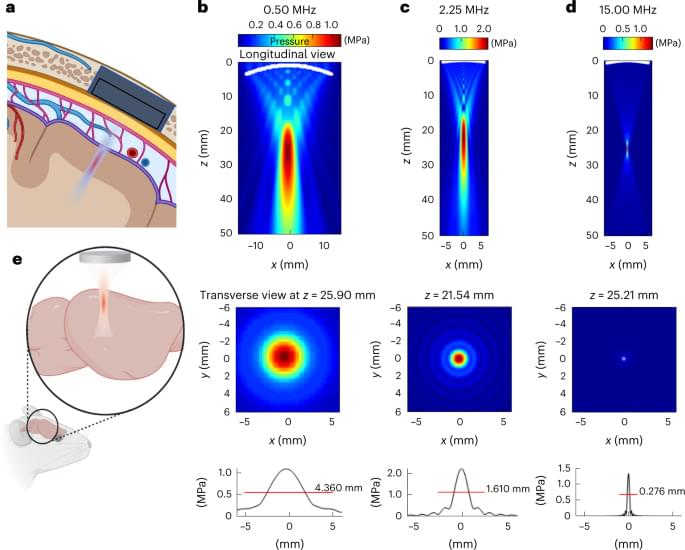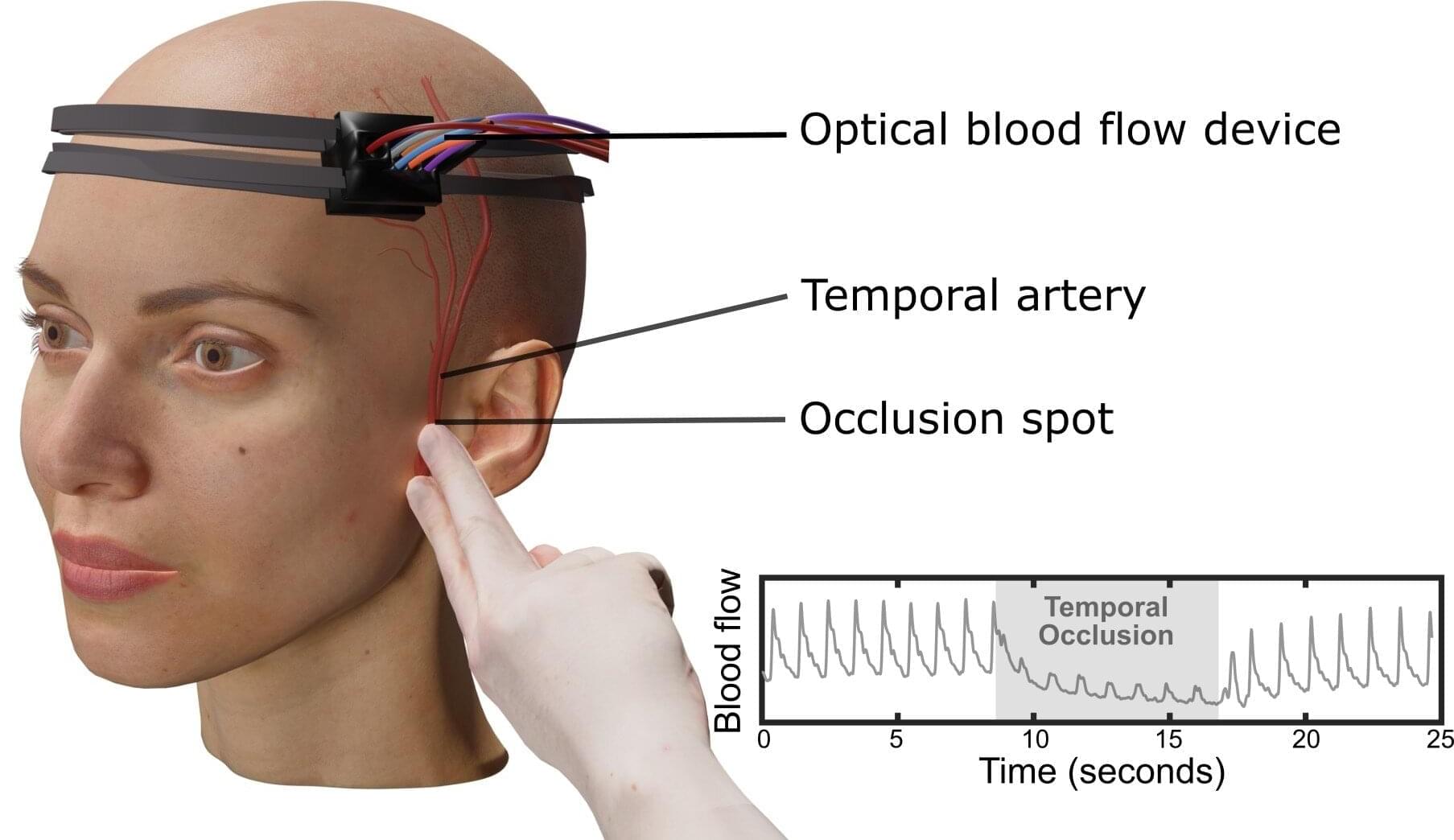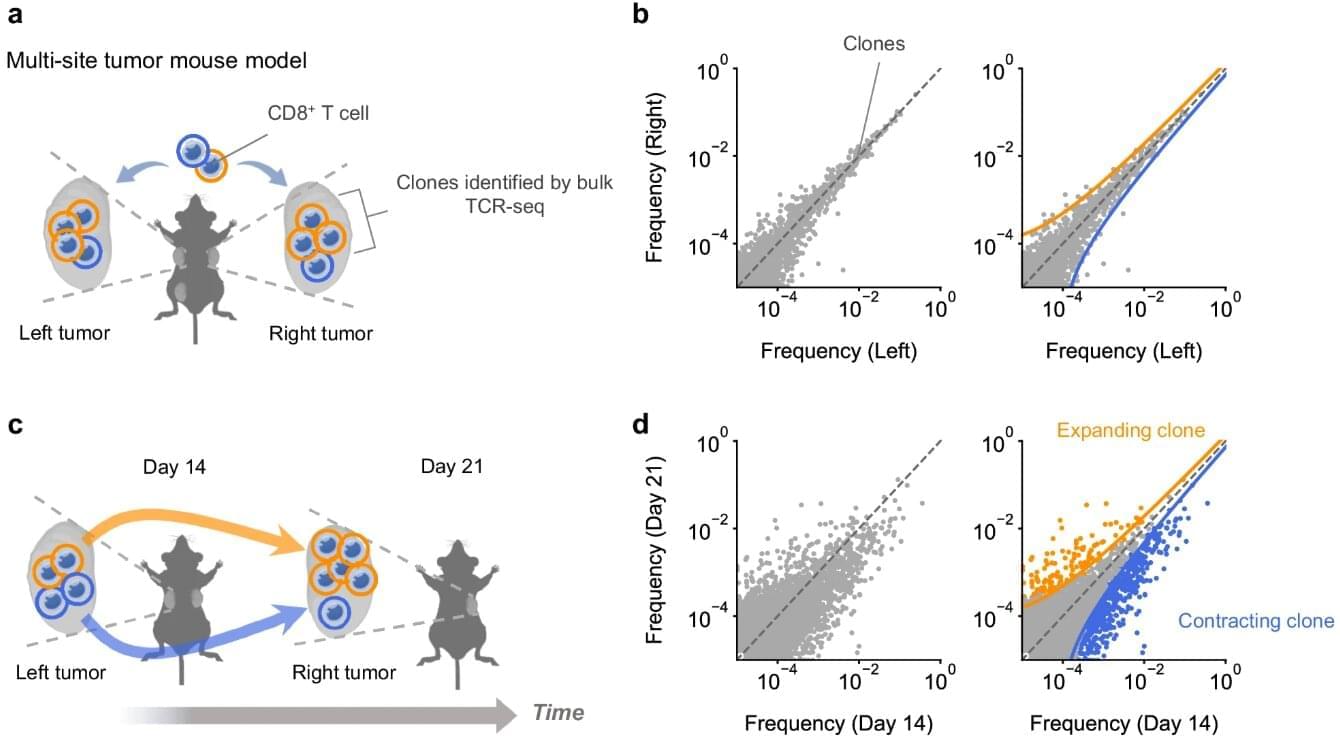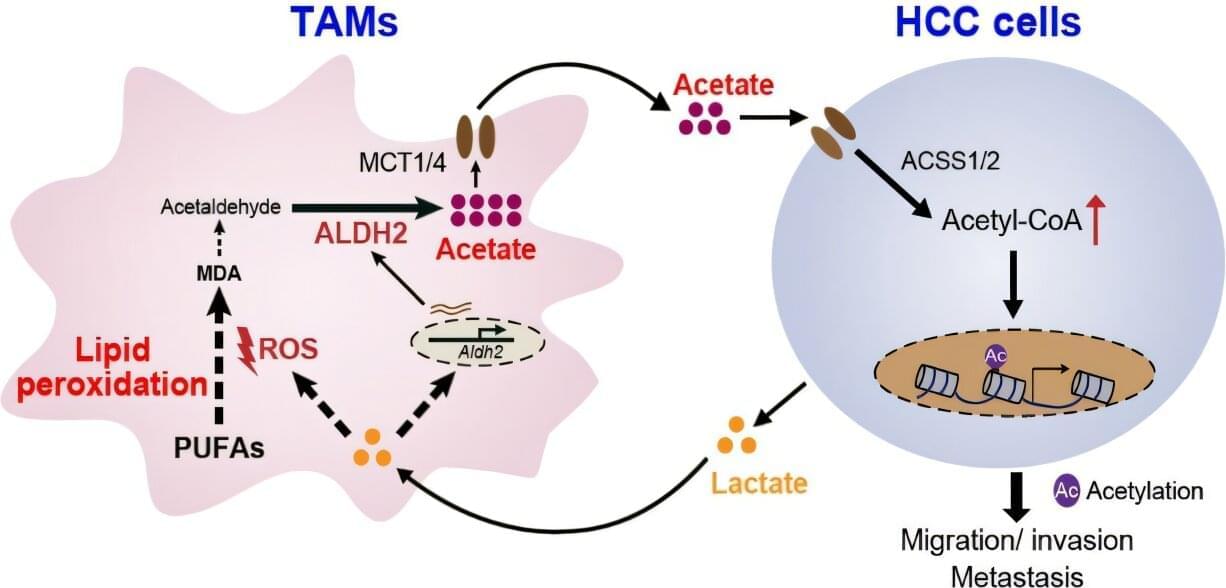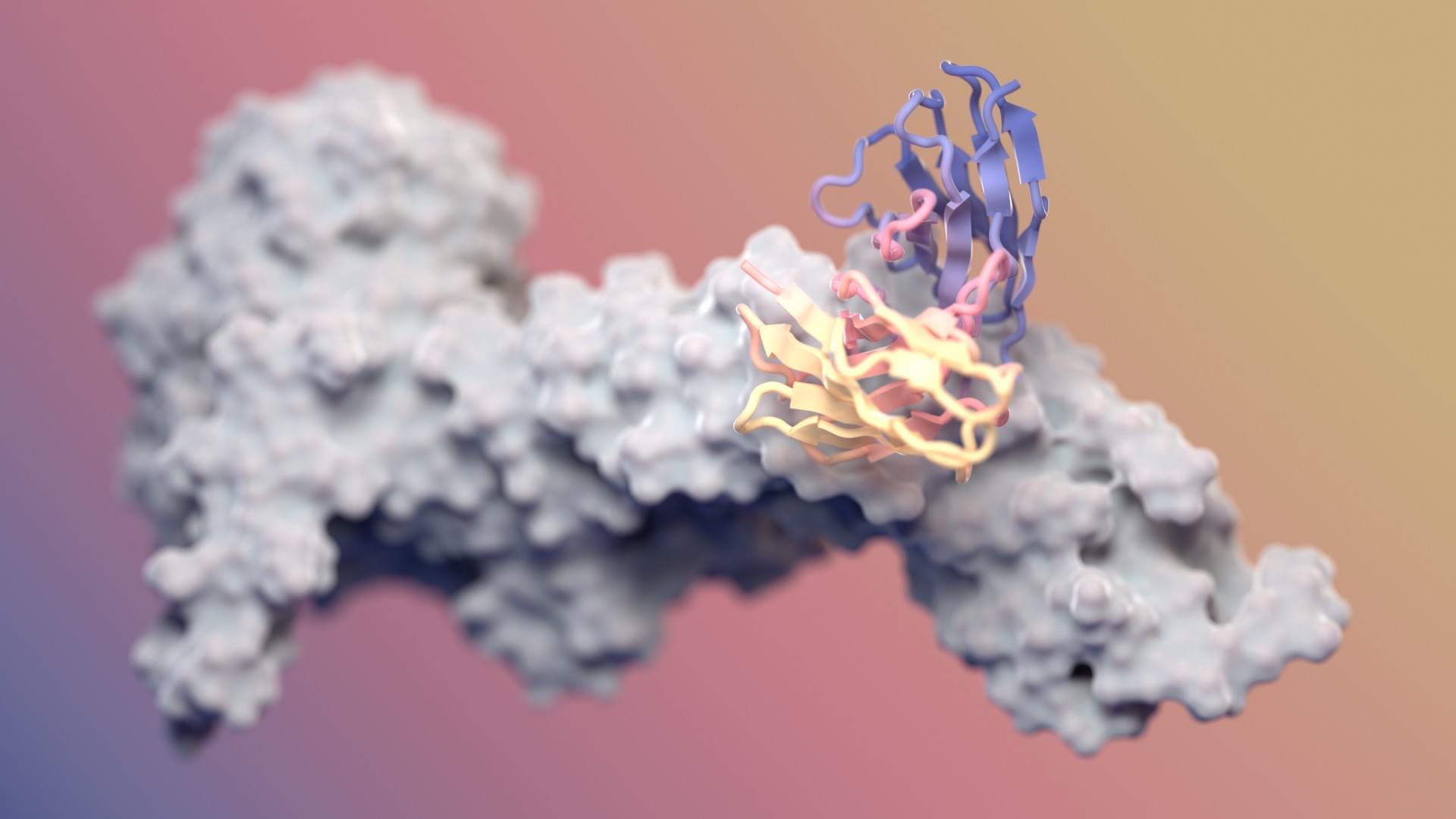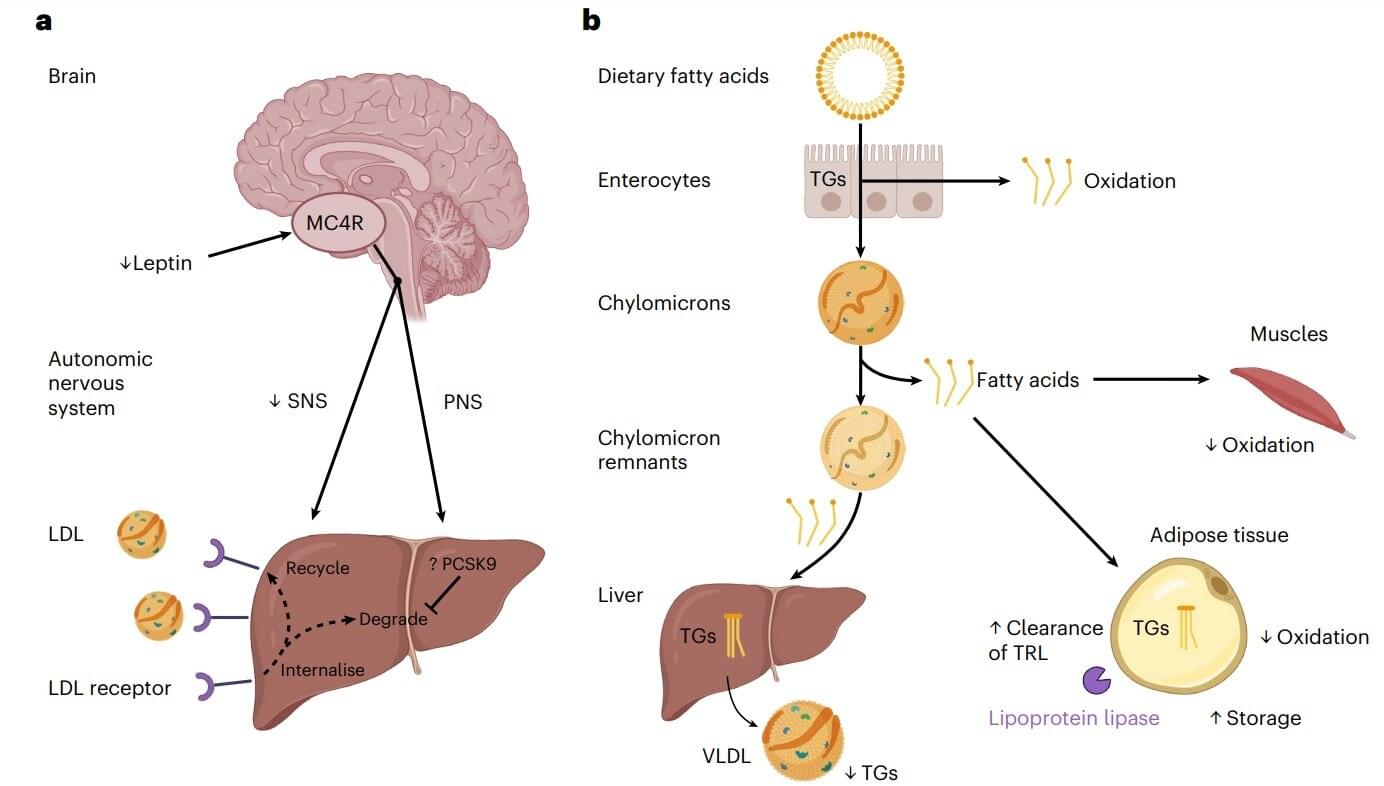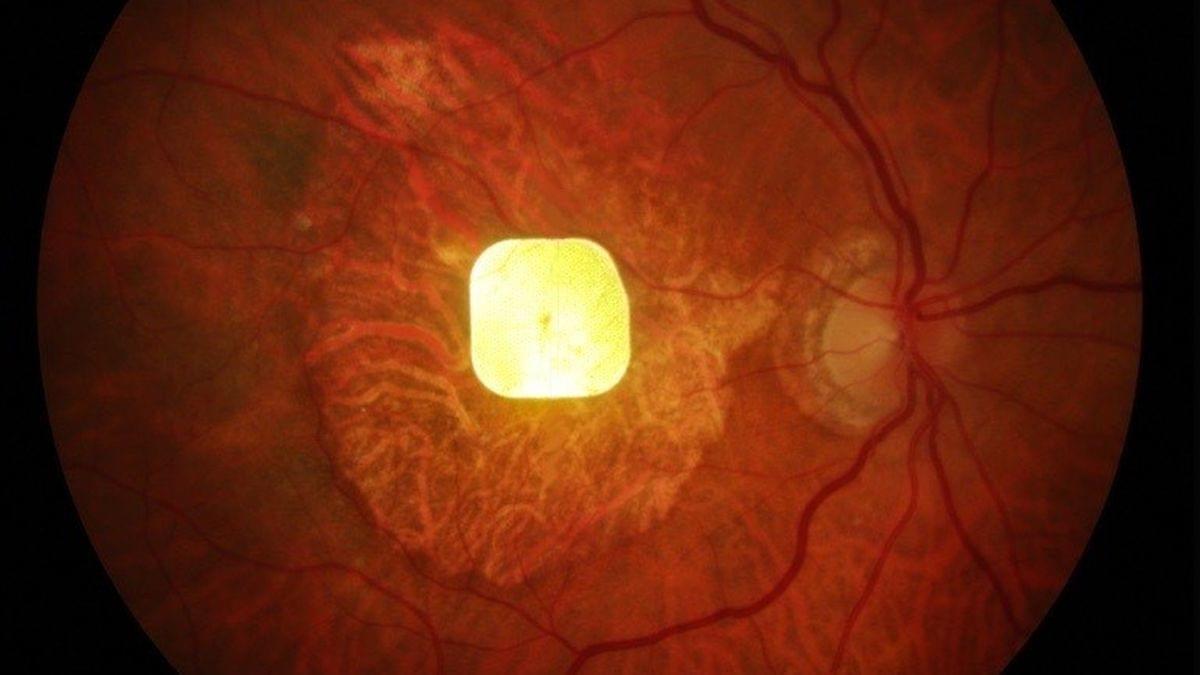The ability of immune cells—particularly CD8+ T cells—to launch a rapid burst of proliferation inside tumors is key to the success of modern day cancer immunotherapies. However, the factors and mechanisms that drive this burst in proliferation remain poorly understood, making it difficult to predict which patients will benefit from treatment. A deeper understanding of this T cell burst could also guide the development of new therapies that enhance T cell proliferation and improve treatment outcomes.
To tackle this challenge, an international team of researchers led by Associate Professor Satoshi Ueha and Professor Kouji Matsushima from the Research Institute for Biomedical Sciences, Tokyo University of Science (TUS), Japan, developed a novel approach to monitor CD8⁺ T cell activity over time. Their findings, published in the journal Nature Communications on October 20, 2025, sheds new light on how T cells expand in the tumor—and how their expansion can be predicted, and ultimately, therapeutically reactivated.
“The development of immunotherapies has been hindered by our inability to comprehensively monitor their effects on immune cells —particularly cancer-fighting T cells—over time,” explains Dr. Ueha. “Building on our previous work, we developed a method to track these cells longitudinally in the tumor, allowing us to gain deeper insights into the burst of proliferation that drives effective anti-tumor responses.”

